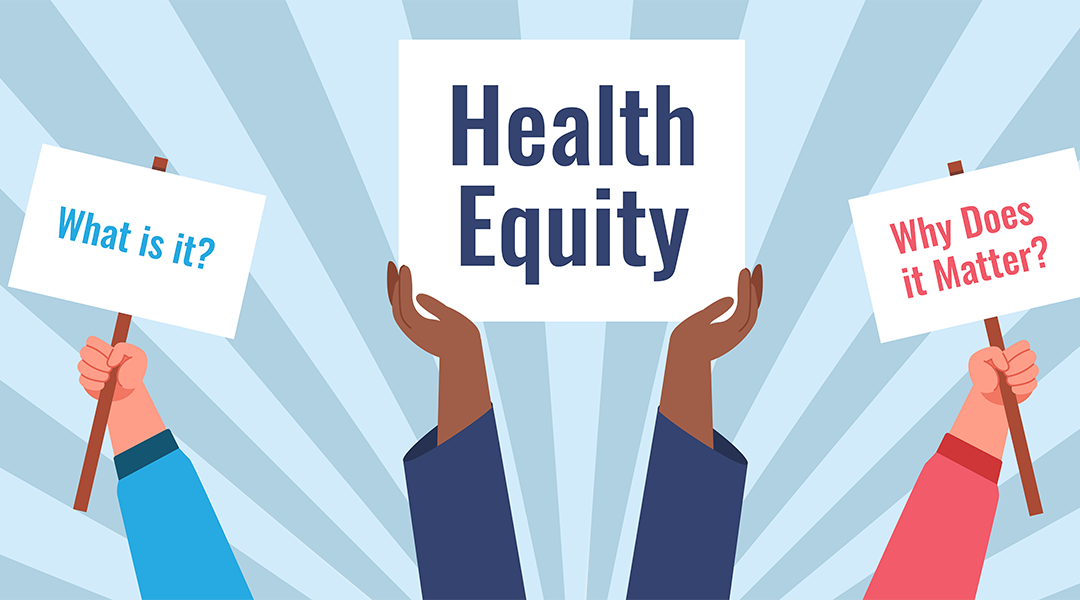Introduction
In recent years, the term “biohacking” has gained prominence in health and wellness circles. It represents a diverse range of practices aimed at optimizing one’s physical and mental health, performance, and well-being through science, technology, and lifestyle modifications. In this article, we will explore the world of biohacking, its principles, potential benefits, and ethical considerations.
Understanding Biohacking
Biohacking, in its essence, is the pursuit of self-improvement and enhancement through various means, including:
- Nutrition: Optimizing diet for energy, cognitive function, and overall health, often through personalized nutrition plans.
- Supplements: Using supplements to fill nutritional gaps and enhance specific functions, such as memory, focus, or muscle recovery.
- Exercise: Tailoring exercise routines for maximum efficiency and performance, often using high-intensity interval training (HIIT), resistance training, or specialized workout regimens.
- Sleep Optimization: Prioritizing sleep quality and quantity to improve physical and mental health.
- Fasting and Intermittent Fasting: Restricting eating windows to promote cellular repair and metabolic health.
- Smart Technology: Using wearable devices and apps to track health metrics, monitor vital signs, and gather data for optimization.
- Nootropics: Consuming cognitive-enhancing substances to boost mental acuity and focus.
- Cold Exposure: Exposing the body to cold temperatures to improve circulation, metabolism, and stress resilience.
Potential Benefits of Biohacking
- Enhanced Cognitive Function: Biohacking practices such as nootropics, brain-training games, and optimized nutrition may lead to improved cognitive abilities, memory, and focus.
- Improved Physical Health: Tailored nutrition, exercise, and sleep optimization can lead to better physical health, including weight management, cardiovascular fitness, and reduced risk of chronic diseases.
- Increased Energy and Productivity: Effective biohacking techniques can boost energy levels and productivity, helping individuals perform at their best.
- Better Stress Management: Practices like mindfulness meditation and stress-reduction techniques can enhance emotional well-being and resilience to stressors.
- Longevity: Some biohackers are interested in prolonging their lifespan and delaying the effects of aging through strategies like caloric restriction and supplementation.
Ethical Considerations in Biohacking
While biohacking offers the potential for personal improvement and well-being, it is not without its ethical considerations:
- Safety: Experimenting with unproven or extreme biohacking techniques can pose health risks. Safety should always be a top priority.
- Informed Consent: Individuals should fully understand the potential risks and benefits of any biohacking practice they undertake.
- Equity: Access to biohacking resources and technologies may not be equal for all. This raises concerns about potential disparities in health outcomes.
- Regulation: The biohacking industry is largely unregulated, which can lead to the marketing of unproven or unsafe products and services.
- Privacy: The use of wearable devices and health-tracking apps raises concerns about data privacy and security.
Conclusion
Biohacking represents an exciting frontier in health and wellness, offering individuals the potential to optimize their physical and mental well-being. However, it is essential to approach biohacking with caution, skepticism, and a strong emphasis on safety and ethical considerations. When done responsibly, biohacking can empower individuals to take control of their health and unlock their full potential, ushering in a new era of self-improvement and wellness.



